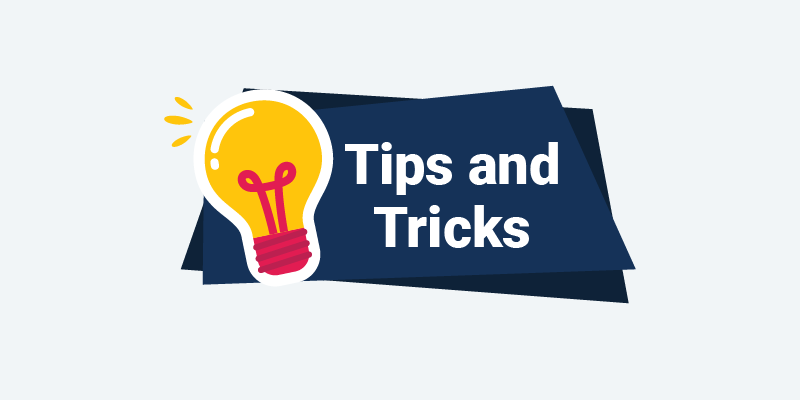By Frank Conway
You’re probably familiar with life hacks – little tips or tricks that simplify your everyday life – but how many (if any) of those are hacks for your money? At our MoneyWhizz seminars, we are big advocates for automated ways of saving and investing. Here’s a list of handy ways automation can help streamline your personal finances.
Table of Contents
1. Pre-set savings accounts
One of the best ways to save is to set money aside before you get a chance to spend it. Setting up a pre-set savings account through a current account means that money is put out of temptation of being spent later. It’s important to check out whether or not your Current Account provider (Bank, Post Office or Credit Union) currently facilitates this (some already do). Remember, this lets you automatically move a set amount of money from your current account to your savings accounts however often you choose. For example, setting it up to move money every time you get paid means you’re less likely to miss that €100 and removes the temptation to spend it.
2. Card-use savings extras
Another great way to trick yourself into saving is to do it every time you spend. Take advantage of current account / debit cards that reward you with cash-back benefits. Some providers offer rewards to select retailers and utility services. For example, An Post and Permanent TSB offer various cash-back rewards at Lidl and SSE and Sky. N26 does not charge foreign exchange fees on foreign exchange to a big plus for online shoppers completing US & US purchases. AIB and Bank of Ireland in partnership with Visa Europe offer various cash back offers to brands including Lidl, Boots, Topaz, H&M, Dunnes Stores, Wagamama, Captain America, Just Eat and Woodies.
3. Employer-based retirement funds
In Ireland, employers are required to facilitate staff that wish to take back their taxes to save for retirement. Plus, many employers actually give employees extra money to save for retirement also. Where an employer offers any type of retirement contribution matching you should sign up as soon as possible. Most plans allow you to have a percentage of your income taken directly from pay – which an employer often match – and have total amount automatically deposited into a group retirement plan. What is important to remember, this money is your money and even if you leave your employer, you can take this money with you (there are various rules on how soon you can access the money as it is designed for retirement). Even where an employer does not match, the long-term tax benefits are very significant.
If you can, opt to contribute the highest amount possible. You’ll not only be building your retirement fund without thinking about it, you’ll be taking advantage of free money to grow your savings faster. A big bonus to group plans is the money comes off your pay cheque before income tax is calculated, which means you’ll pay less tax and get to keep more of your money each month.
4. Digital goal trackers
Most people will have some financial goal. It might be still an idea in our head like “I really would like to buy a home” or “I really want to pay off my mortgage as soon as possible”. Making your goals tangible can be difficult, so to help consider using a digital tool to get your goal on paper (so to speak) and more importantly track your progress toward achieving it.
5. Automatic bill payments
Missing a bill payment could cost you more than late fees – it can also impact your credit rating if the late payment exceeds 30 days or more. Eliminating the need to keep track of so many due dates means you won’t fall behind. That’s where automatic bill payments come in. Direct debit payments are possible for almost any regular expense but this is especially handy for all loans that are reported to the Central Credit Register or Irish Credit Bureau. Paying those loans on time and automatically will help keep your credit report in good standing… and eliminate any expensive “late” and “overdue” charges.
With these automation hacks you can stay in control of your money and achieve your financial goals faster. Bonus hack: once you reach a special purchase goal or pay off a debt – don’t stop saving! Instead, redirect that money toward a long-term goal like a child’s education, paying down a mortgage early or increasing the amount you pay into your retirement fund.


Comments are closed.